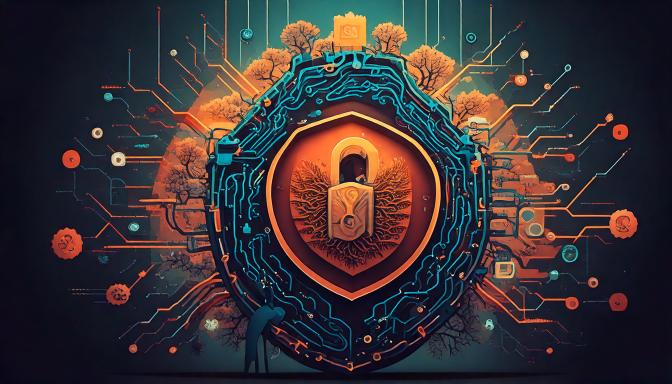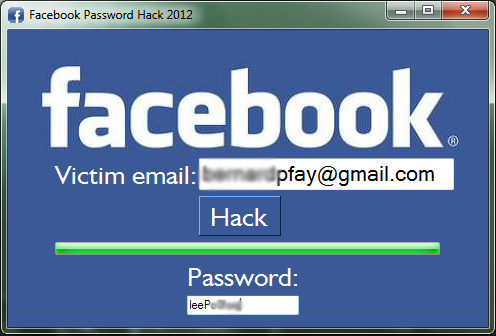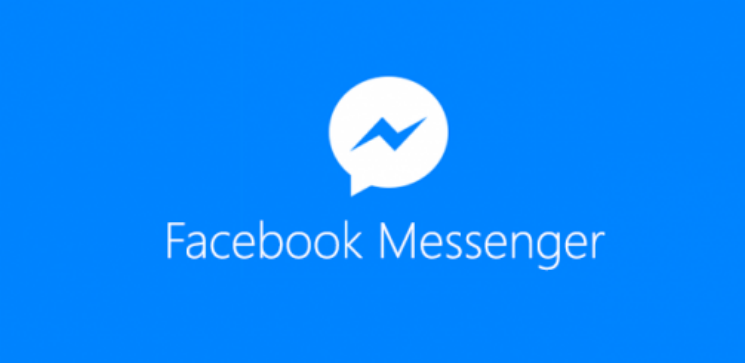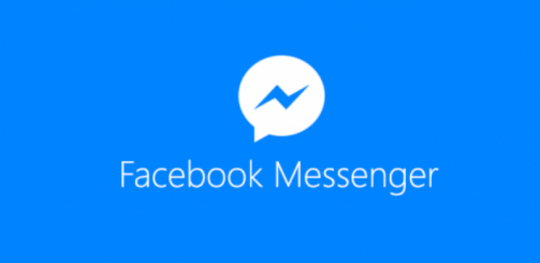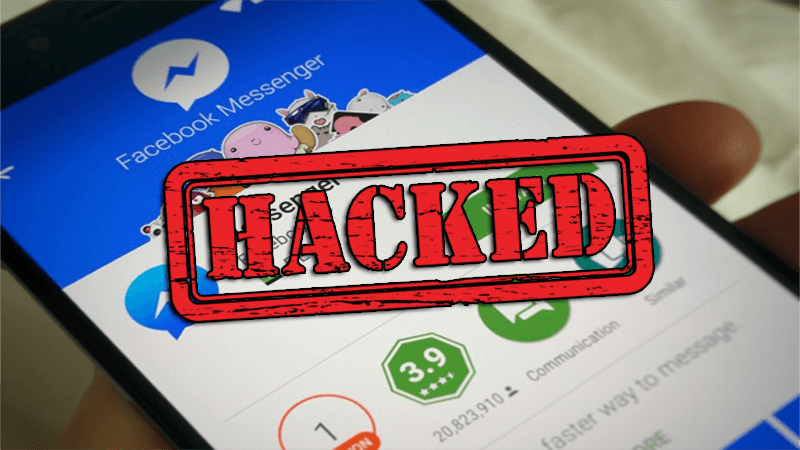
A recent cyberattack has compromised several popular Google Chrome extensions, infecting millions of users with data-stealing malware.
In early January 2025, cybersecurity researchers at Extension Total discovered a malicious campaign targeting Chrome extensions which offer AI services. The threat actors hijacked at least 36 extensions – including Bard AI Chat, ChatGPT for Google Meet, and ChatGPT App – with approximately 2.6 million users affected. This widespread attack has raised the alarm among users and software developers as, previously, these extensions were highly trusted.
With 3.45 billion people using Chrome as their browser, it’s no surprise that threat actors would target it. This attack is especially ingenious, so we’re going to take a deep dive into it.
How Were the Chrome Extensions Compromised?
The affected extensions may be named after popular AI tools like Bard and ChatGPT, but they are third-party applications with no development from Google or OpenAI. Third-party extensions can, of course, be legitimate, but these compromised extensions were far from helpful. Instead, they were used to deliver fake updates containing malware.
The malware was designed to steal sensitive user information, specifically targeting data related to Facebook Ads accounts. Therefore, this posed a significant threat to businesses which rely on Facebook for marketing and sales. With this stolen data, the threat actors could use it for unauthorized access, financial and identity theft, or to fuel phishing attacks.
In response to the attack, many of the affected extensions have been removed from the Chrome Store to limit further infections. However, others remain available, exposing users to the malware. Chrome, as we’ve already mentioned, is hugely popular with around 130,000 extensions are available to install. The risk of a security incident, as you would imagine, is high; this recent attack underscores the importance of practicing vigilance when installing extensions.
Staying Safe from Rogue Chrome Extensions
Browser extensions are designed to help users by enhancing functionality and making everyday browsing easier. However, this recent attack has also demonstrated that they’re a security risk. Ophtek wants to keep you safe from similar attacks, so we’ve put together our top tips for protecting your PC from rogue extensions:
- Install Extensions from Trusted Sources: you should only ever download extensions from reputable developers and official web stores. Before hitting that install button, always carry out some research on the developer, read user reviews, and check ratings to assess how legitimate it is.
- Limit Extension Permissions: extensions often require permissions to function correctly on your PC but be very careful of any extension which requests a long list of permissions e.g. access to browsing data, microphone control, and cookies. You should only ever grant permissions to what is necessary for the extension to operate. If in doubt of a permission request, seek help from an IT professional.
- Update Extensions: always ensure your extensions are kept up to date, as developers often release patches to fix security vulnerabilities. Regularly check for updates and keep an eye out for any unusual browser behavior such as strange pop-ups, redirects to other sites, or performance issues. Additionally, if you have extensions you no longer use, remove these to reduce your exposure to risk
For more ways to secure and optimize your business technology, contact your local IT professionals.
Read More



